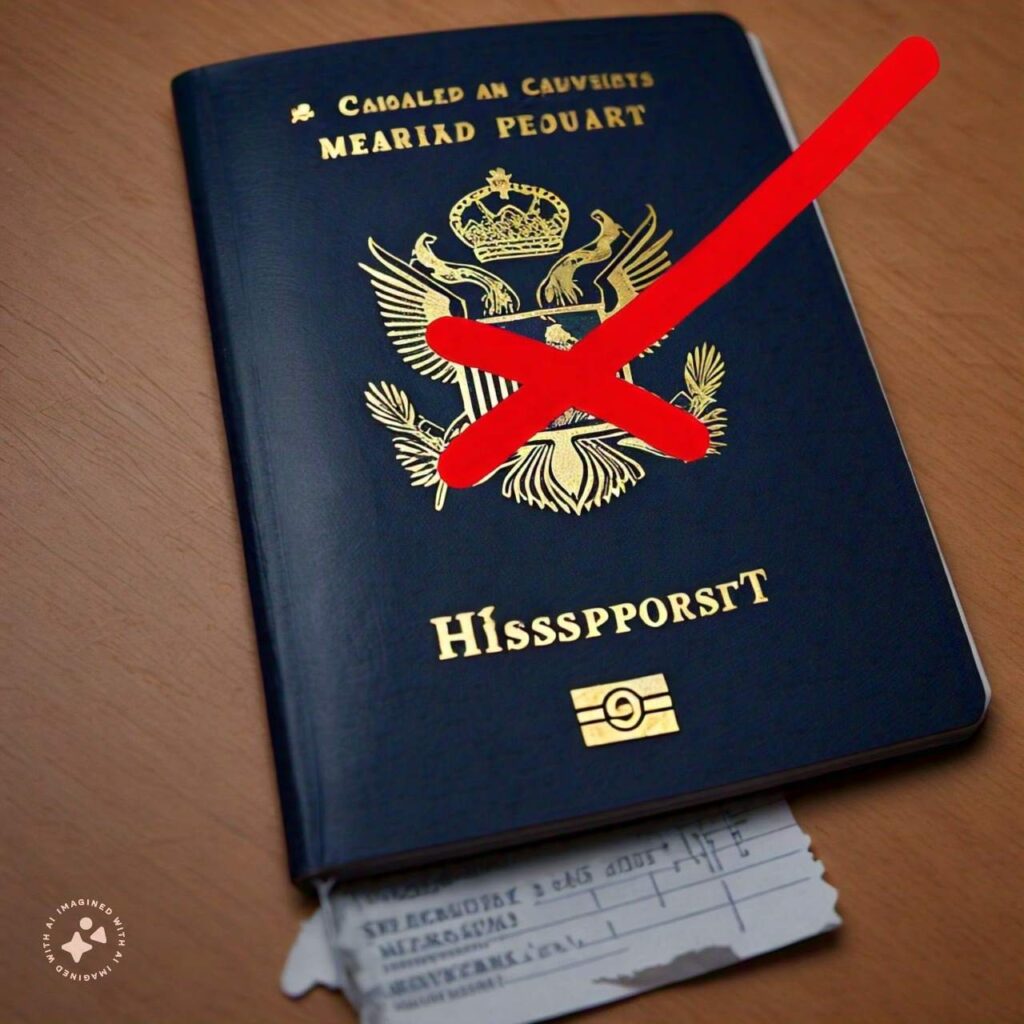Living in the UK without legal status poses significant challenges and risks. This guide will explore your options and outline the steps you can take to potentially regularize your status or manage your situation effectively.
Understanding Your Legal Status
Before exploring your options, it’s important to understand what it means to be living in the UK without legal permission.
Defining Illegal Residency
You are considered to be living illegally in the UK if you:
Entered without proper authorization.
Have stayed beyond the duration specified in your visa or leave to remain.
Seeking Immigration Advice
Immediate action should involve seeking confidential, expert immigration advice. Specialists can provide guidance tailored to your specific circumstances.
Confidentiality:
Any consultation with an immigration adviser remains confidential and won’t be disclosed to third parties.
Finding an Adviser:
Contact your nearest Citizens Advice or look for accredited immigration advisers via the Office of the Immigration
Services Commissioner (OISC) website.
Contacting Support Organizations
The Joint Council for the Welfare of Immigrants (JCWI) offers free advice for those living illegally in the UK. They are accessible at 020 7553 7470 during specified hours, providing confidential support.
How to Attain Legal Residency
Gaining legal residency in the UK depends on your specific circumstances. It’s important to understand that if you apply more than 14 days after your permission to stay has expired, your application might be refused. Here are some possible ways to legalize your stay:
Exceptional Circumstances for Staying in the UK
You may be eligible to apply to stay in the UK under exceptional circumstances if:
Returning to your home country would be extremely difficult due to a lack of work, education, family, or social connections, or if you face potential rejection there.
- You have lived in the UK for 20 years or more.
- You are between the ages of 18 and 25 and have lived in the UK for at least half your life.
- Returning to your home country would expose you to persecution or serious harm, such as torture.
- You have a partner in the UK who is a British citizen, has settled status, or has another permanent right to stay.
- You have children in the UK, especially if they are British citizens, have settled status, or have been living in the UK for seven years or more.
- Your most recent visa was as a partner, and you have experienced domestic abuse related to your visa situation.
Children in the UK:
If you have children who are either born in the UK or have lived in the UK long enough, special considerations may apply. It’s critical to consult with an immigration adviser to discuss options that may be available for them.
Voluntary Return
If regularization of your status is not possible, you may consider a voluntary return, which is supported by the government:
- Voluntary Returns Service: This service assists with planning and funding your return to your home country. More details are available on the GOV.UK website.
- Facilitated Returns Scheme: Available to non-EU, non-EEA, and non-Swiss citizens who have served prison sentences, offering potential financial assistance for resettlement.
Support Upon Returning Home
Returning home can come with its own set of challenges, but there are supports available:
- Financial Support: Those eligible for the Facilitated Returns Scheme might receive financial help for reintegration purposes such as business start-up costs, education, housing, and medical expenses.
Applying for Facilitated Returns Scheme
To check eligibility and apply for the scheme, you can contact the Home Office’s Facilitated Returns Scheme team.
How does the Illegal Migration Act impact children and families
The Illegal Migration Act, enacted in July 2023, has significant implications for children and families in the UK, particularly those seeking asylum. Here are the key impacts:
Denial of Asylum Claims
Children and young people arriving in the UK through irregular routes are effectively barred from claiming asylum. This means they cannot access the protection and support they need, leaving them vulnerable to exploitation and harm. The act’s provisions create a legal framework that denies these children the opportunity to have their asylum claims heard, significantly undermining their rights and safety.
Impact on Unaccompanied Minors
Unaccompanied children face particularly harsh consequences under the new law:
- Detention and Removal: Unaccompanied minors can be detained indefinitely and may be returned to their country of origin even if they have been living in the UK for years. This includes children who may have integrated into their communities and schools.
- Loss of Support: As children approach adulthood, they risk being uprooted from their homes and communities as local authorities may be directed to transfer them back to Home Office accommodation, stripping them of the support networks they have built.
Accommodation Concerns
The act allows the Home Office to provide accommodation for unaccompanied children until local authorities take over. However, this raises concerns about the quality of care these children receive. Many have been placed in temporary hotel accommodations, which have been criticized for being unsuitable and potentially harmful environments. The ongoing reliance on such accommodations has been deemed unlawful by courts, yet children remain in these precarious situations as authorities seek alternatives.
Increased Vulnerability to Exploitation
The provisions of the Illegal Migration Act may increase the risk of child exploitation. Children who are denied legal protections are more likely to fall victim to trafficking or go missing from care arrangements. Activists warn that removing protections for unaccompanied minors could exacerbate these risks.
Calls for Change
There is widespread concern among child welfare advocates regarding the act’s implications for children’s rights. Organizations like The Children’s Society and the Children’s Commissioner for England emphasize the need for robust protections for vulnerable children and urge the government to reconsider aspects of the legislation that could lead to further harm. The UN Committee on the Rights of the Child has also called for measures that uphold children’s rights within immigration policies.
While living in the UK without leal status is daunting, understanding your options and seeking the right help are crucial first steps toward resolving your situation. By exploring these pathways and utilizing available supports, you can work towards a more secure future, whether in the UK or your home country.
How Law and Visas Can Help?
At Law and Visas, our team of expert immigration consultants is here to make your travel to the UK straightforward and successful. Whether you’re applying for a Family Visas or an Student Visa, we handle every step—from preparing your application to gathering the required documents.
Our Immigration Consultants and Lawyers ensure that your application meets the highest standards, with no details missed. We’ll also keep you informed throughout the process and coordinate with the immigration office or embassy on your behalf.
Law and Visas have a strong record of helping clients secure the visas/permits they need to stay in the UK. You can call us today at +234 812 5505 986 to learn how we can help you.





